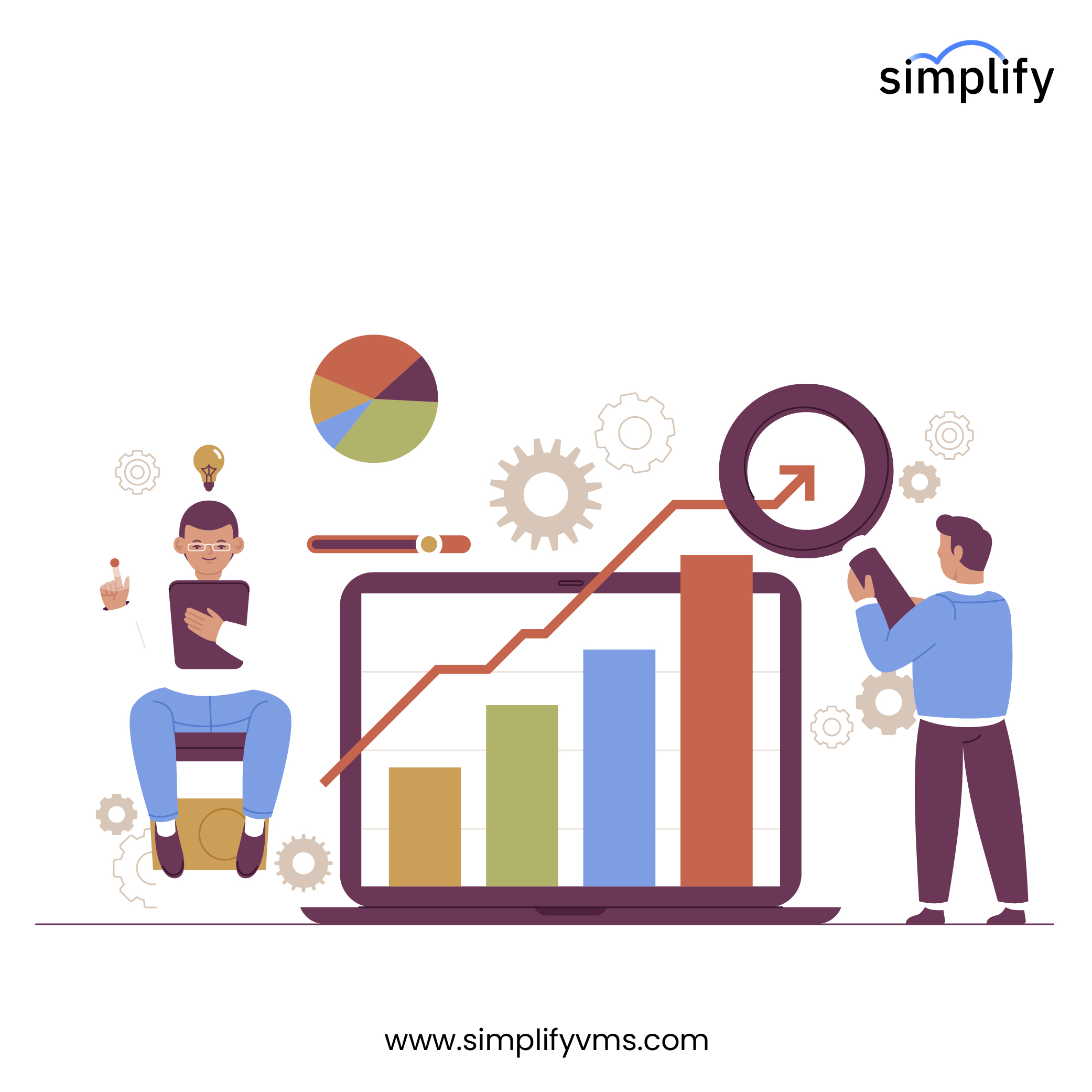Things Successful Companies Do Different with Vendor Data Management
Efficient vendor data management stands as a cornerstone for modern businesses aiming for competitive advantages. Through adept handling of vendor data, companies can streamline operations and foster robust supplier relationships, ultimately driving business success. In this comprehensive guide, we delve into the intricacies of vendor data management, offering actionable strategies to optimize efficiency and propel growth.

Understanding the Significance of Vendor Data Management
Vendor data management encompasses the processes and systems involved in collecting, storing, analyzing, and utilizing data related to suppliers or vendors. This includes critical information such as contact details, transaction histories, performance metrics, and contractual agreements.
Key Benefits of Effective Vendor Data Management
Enhanced Decision-Making: Access to accurate and up-to-date vendor data empowers organizations to make informed decisions regarding procurement, pricing negotiations, and supplier selection.
Improved Risk Mitigation: Proactive monitoring of vendor performance and compliance helps identify and mitigate risks such as supply chain disruptions or regulatory non-compliance.
Cost Savings: Streamlining vendor data management processes can lead to cost savings through reduced administrative overhead, minimized errors, and better negotiation outcomes.
Strategic Partnerships: Leveraging vendor data insights enables businesses to cultivate strategic partnerships with suppliers, fostering collaboration and innovation.
Best Practices for Optimizing Vendor Data Management
1. Centralized Data Repository
Establishing a centralized repository for vendor data facilitates easy access and ensures data consistency across departments. Implementing a robust data management platform allows for seamless integration with existing systems and enables real-time data synchronization.
2. Data Standardization and Cleansing
Standardizing vendor data formats and cleansing redundant or inaccurate information are essential for maintaining data integrity. Utilize automated tools and algorithms to identify and rectify inconsistencies, ensuring a reliable foundation for decision-making processes.
3. Performance Tracking and Analysis
Regularly monitor vendor performance metrics such as delivery times, quality ratings, and compliance adherence. Utilize data analytics techniques to identify trends, outliers, and opportunities for improvement, enabling proactive decision-making and performance optimization.
4. Vendor Collaboration and Communication
Establish clear communication channels and collaborative frameworks to facilitate effective interaction with vendors. Encourage feedback and transparency to foster mutual trust and alignment towards shared goals.
5. Continuous Improvement and Adaptation
Embrace a culture of continuous improvement by soliciting feedback, evaluating processes, and implementing iterative enhancements. Stay abreast of industry trends and emerging technologies to adapt to evolving business needs and regulatory requirements.
Conclusion
Efficient vendor data management is indispensable for businesses seeking to optimize operations, mitigate risks, and drive strategic growth. By adhering to best practices such as centralized data repositories, standardization, performance tracking, vendor collaboration, and continuous improvement, organizations can unlock the full potential of their vendor relationships and gain a competitive edge in today's dynamic marketplace. Additionally, incorporating vendor management tools and leveraging direct sourcing recruitment strategies further enhances efficiency and effectiveness in vendor management processes.
If you found this article insightful, don't miss out on exploring our other engaging pieces
[Comprehensive Guide]: How to Track Vendor Performance?
How to Build and Manage a High-Quality Talent Pool?
What is the Importance of Credentialing in Healthcare?
Frequently Asked Questions (FAQs):
1. What is vendor data management, and why is it important for businesses?
Vendor data management refers to the processes and strategies implemented by organizations to collect, organize, and analyze data related to their suppliers. It is crucial for businesses as it allows them to gain insights into supplier performance, pricing trends, and compliance requirements, thereby optimizing supplier relationships and driving operational efficiency.
2. How does vendor data management contribute to supplier success?
Vendor data management plays a pivotal role in supplier success by enabling businesses to cultivate strategic partnerships, negotiate favorable terms, and drive innovation. By leveraging comprehensive vendor data, organizations can make informed decisions, mitigate risks, and capitalize on opportunities for growth and profitability.
3. What are some key components of effective vendor data management?
Key components of effective vendor data management include comprehensive data collection and integration, rigorous data quality management, and proactive performance monitoring and analysis. By implementing these components, businesses can ensure data accuracy, integrity, and reliability, thereby maximizing the value of their vendor data.
4. How do vendor management tools facilitate supplier success?
Vendor management tools offer functionalities such as centralized data repositories, performance dashboards, and automated workflows, enabling organizations to streamline vendor management processes and enhance decision-making capabilities. These tools empower businesses to optimize supplier relationships, drive operational efficiency, and gain a competitive edge in the market.
5. What is direct sourcing recruitment, and how does it relate to vendor data management?
Direct sourcing recruitment is a strategic approach to talent acquisition wherein organizations directly engage with candidates to fill job positions. It relates to vendor data management as organizations can leverage vendor data management principles to identify and engage top talent directly, reducing recruitment costs and time-to-hire. By adopting direct sourcing recruitment approaches, businesses can build a competitive workforce and drive organizational success.
Articles from SURBHI JAIN
View blog
Optimizing efficiency in accounts payable processes is paramount for sustained success. One of the c ...

Vendor management is a critical component of any business strategy. Effective vendor management ensu ...

In today’s fast-paced · business world, efficiency is key. As organizations strive to stay ahead of ...
You may be interested in these jobs
-

Assistant Preschool Director Part Time
3 weeks ago
Jus Kids Academy Inc Los Angeles, United States Part timeJob Description · Job DescriptionBenefits:Bonus based on performance · Paid time off · Training & development · Job Summary: · The Assistant Preschool Director works closely with the Preschool Director to ensure the smooth operation of the preschool facility. They assist in manag ...
-

Sign-On Bonus
3 days ago
Mercy Health Cincinnati, United StatesEveryone who works with Mercy Health is united under one purpose: to help our patients be well in mind, body and spirit. This drive, along with our history of faith, is a powerful combination. It gives us a shared calling to work toward every day. Join our exceptional team and he ...
-
Growth Lead, Real Estate and Facility Owners
2 weeks ago
VIATechnik Chicago, United StatesJob Description · Job DescriptionThis is a real estate and facility owners role and we are open to candidates in New York, Chicago, Denver, and Los Angeles. This position will require 1-2 days a week working in one of the afore mentioned offices. US work authorization is required ...

Comments